HACCP Training: The Front Line in Preventing Persistent Pathogen Risks
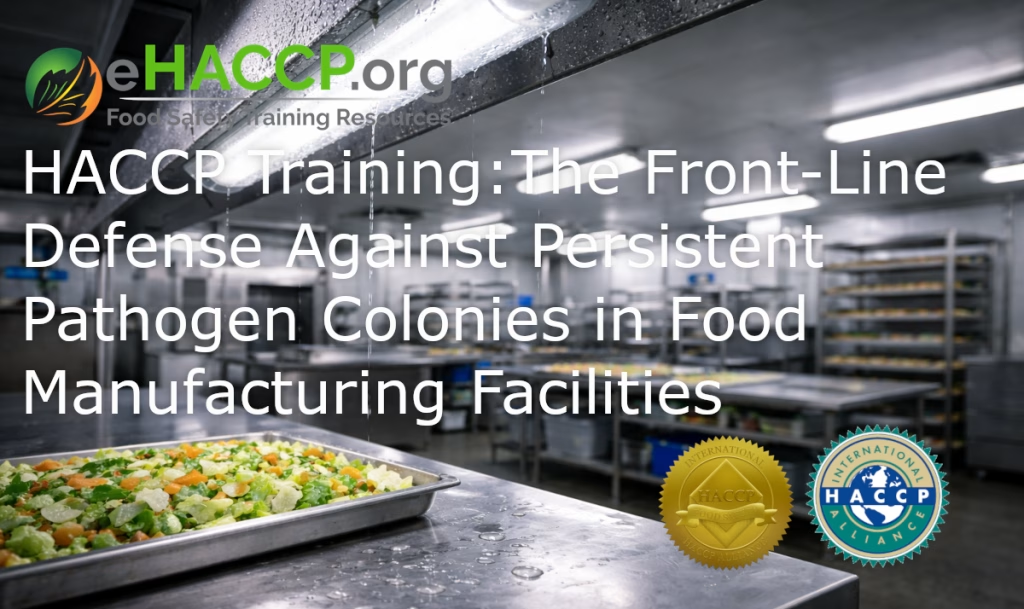
Persistent Pathogen Colonies (“Niche” Habitats): Listeria monocytogenes and other harmful pathogens can form biofilms and establish themselves in “niche” areas of equipment, such as inside hollow conveyor rollers, in cracks in the floor, or within drains, where they can survive for years, evading standard daily cleaning routines. Persistent pathogen colonies are specialized, often slow-growing bacterial […]
What is HACCP and HACCP Facility Certification
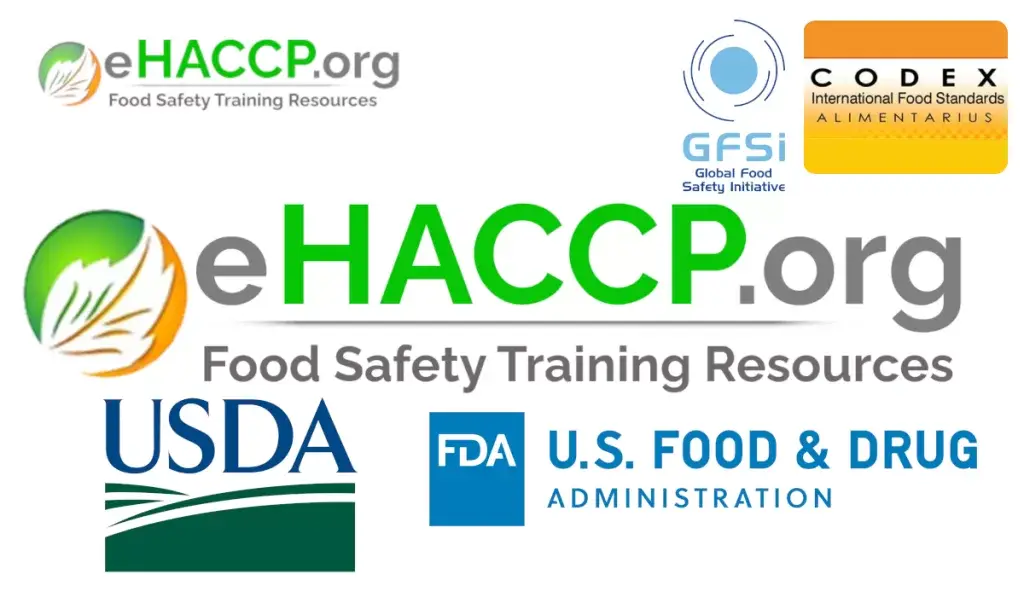
HACCP (Hazard Analysis and Critical Control Points) is a systematic preventive approach to food safety. It involves identifying, evaluating, and controlling hazards significant for food safety. The goal is to prevent food safety problems rather than just dealing with them after they occur. HACCP principles are: Conduct a hazard analysis. (1) Identify critical control points […]
HACCP and Food Safety in 2025
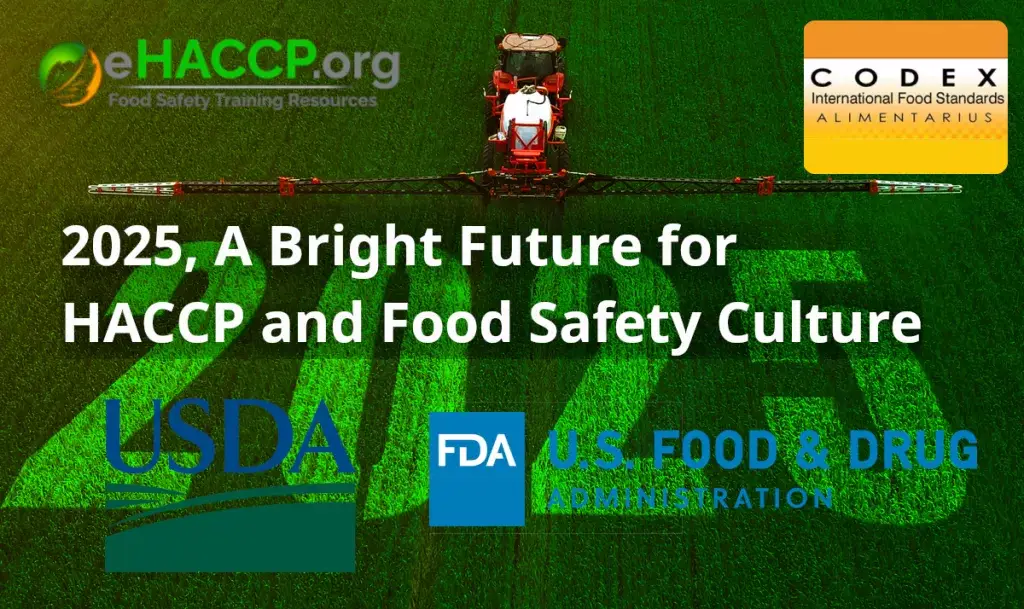
We’re looking forward to 2025. 2024 has been a tumultuous year for Food Safety experts. We’ve seen a rise in geopolitical and supply chain disruptions, which are examples of challenges we face in ensuring safe food from farm to fork. The ongoing war in Ukraine and other geopolitical conflicts have significantly disrupted global supply chains, […]
A President Trump Administration, HACCP, FSMA, and Food Safety Laws
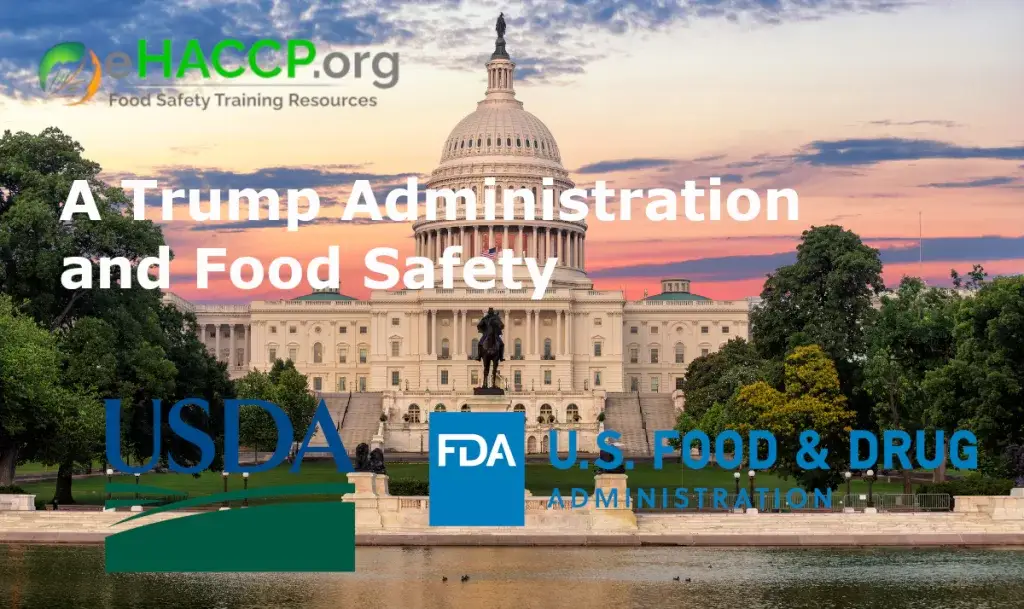
I must preface this article/blog with a statement in fact, this is speculation about the future of food safety. HACCP. the FSMA, under a President Trump administration. I am making a safe assumption that President Donald Trump and his appointments are conservative in their approach to fiscal responsibility, economic development, etc. This isn’t a pro […]
eHACCP.org Launches Comprehensive Suite of Certified HACCP Courses and HACCP Audit Courses
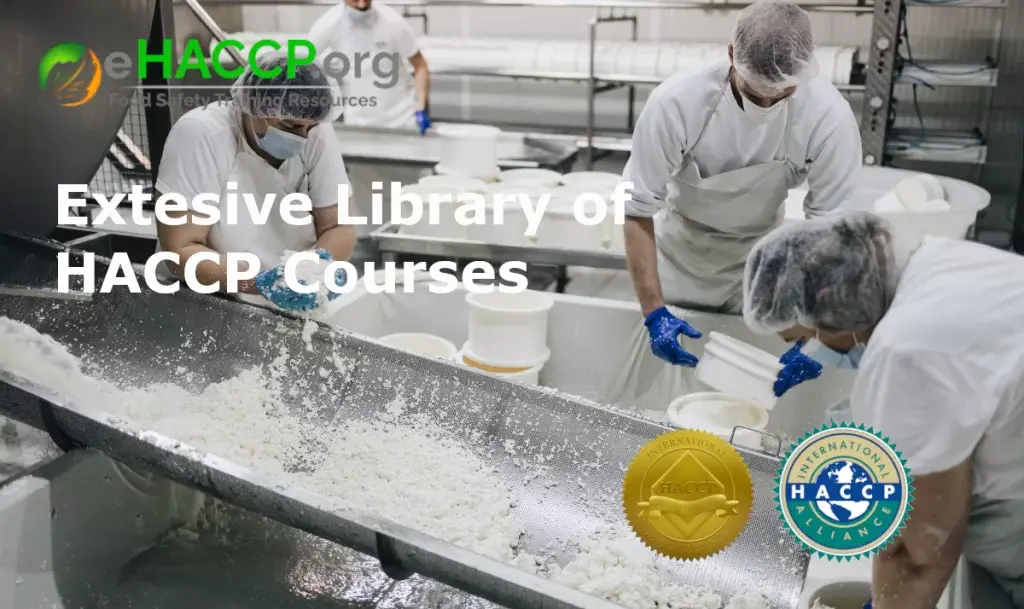
We are a leading provider of online HACCP training courses and HACCP certification, and we are today announcing the launch of ours expanded course catalog. The new catalog includes a wide range of industry-specific HACCP courses, all Certified HACCP courses are accredited by the International HACCP Alliance. We aim to make HACCP training accessible and […]
Implementing HACCP: A Guide for Food Businesses
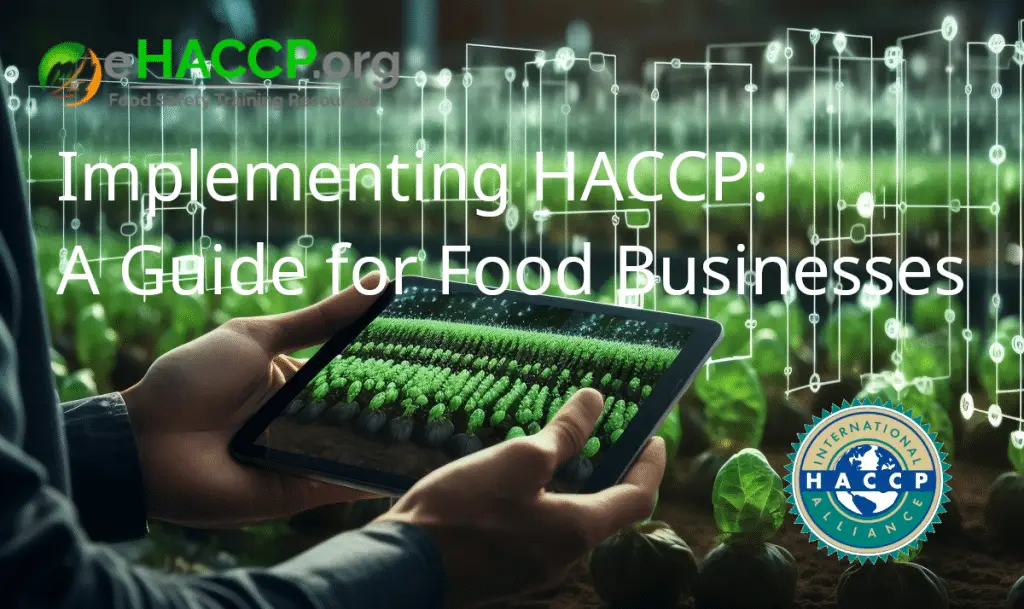
As a food business owner or manager, implementing an effective HACCP plan is critical to ensuring the safety of your products and compliance with regulations. HACCP, which stands for Hazard Analysis and Critical Control Points, is a systematic approach to food safety that focuses on prevention. By identifying potential hazards and establishing procedures to control […]
Introduction To eHACCP.org: The Leading Online IHA Accredited HACCP Training Course Provider
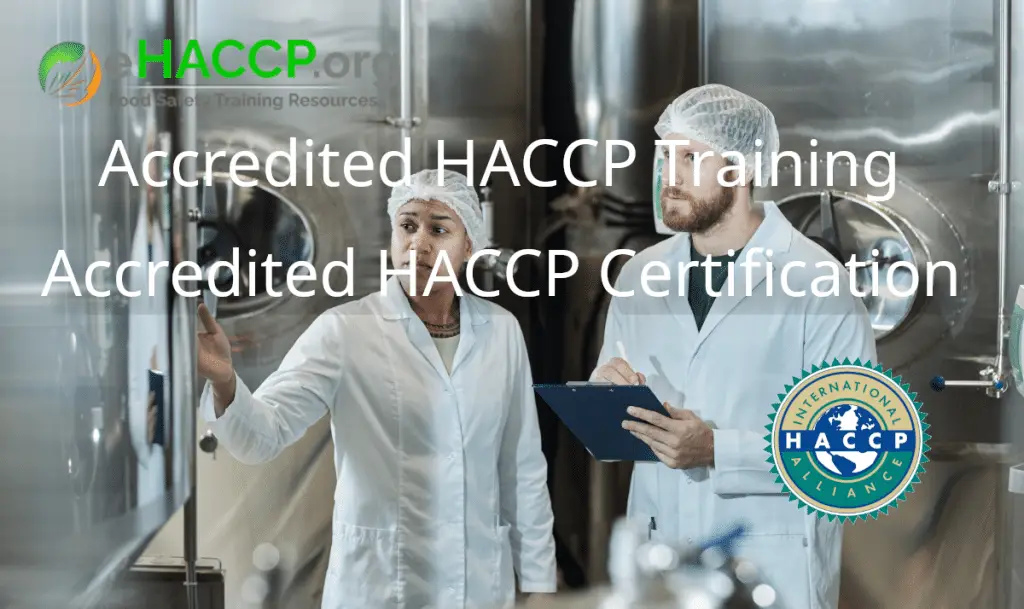
Introduction To eHACCP.org: The Leading Online IHA Accredited HACCP Training Platform In today’s rapidly evolving food industry, ensuring the safety and quality of products is of utmost importance. The implementation of Hazard Analysis and Critical Control Points (HACCP) systems has become a standard practice for businesses seeking to meet regulatory requirements and maintain consumer trust. […]
There’s More to the FDA and HACCP Than Warning Letters
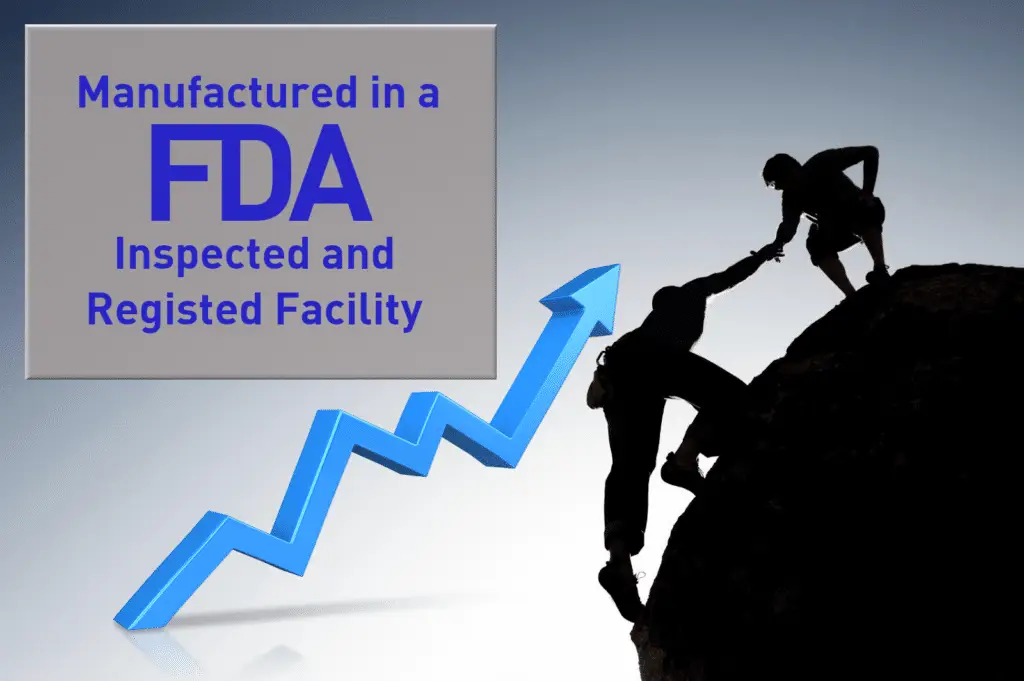
The origins of the FDA (U.S. Food and Drug Administration) can be traced back to the late 19th and early 20th centuries when concerns over the safety and quality of food and drugs began to emerge. Prior to the establishment of the FDA, there were limited regulations in place to ensure the safety and efficacy […]
HACCP and the BRC Scheme
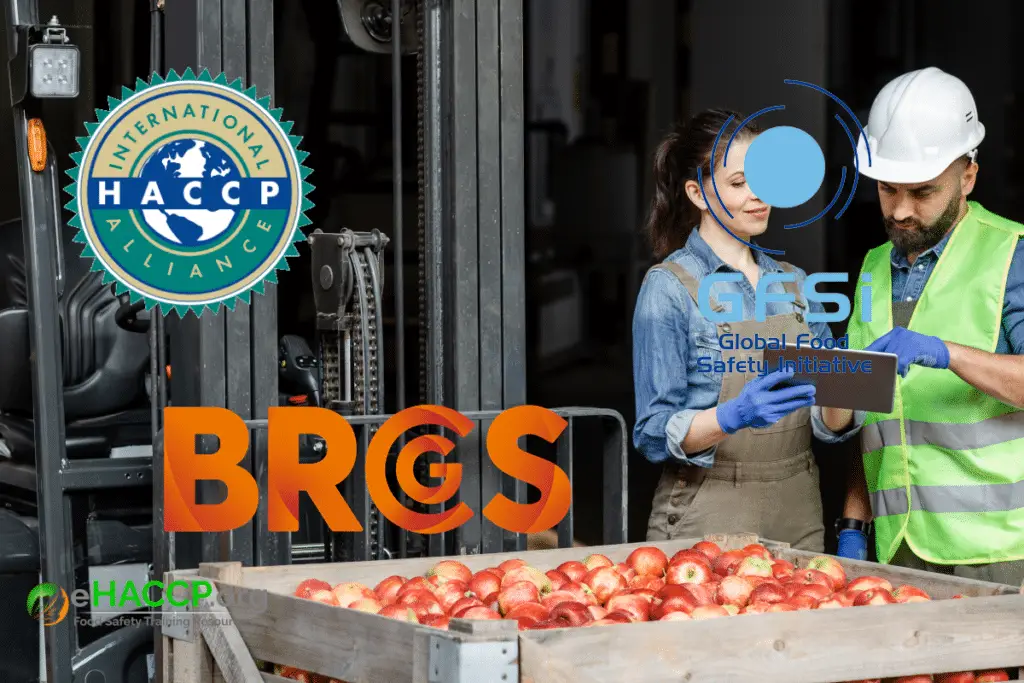
HACCP is a requirement under BRC. Being HAACP certified is a preliminary step that cannot be overlooked. BRC is a Global Food Safety Initiative (GFSI) benchmarked food safety standard covering food safety and management of product quality in food packing and processing operations.
Personal HACCP Certification vs. Facility HACCP Certification
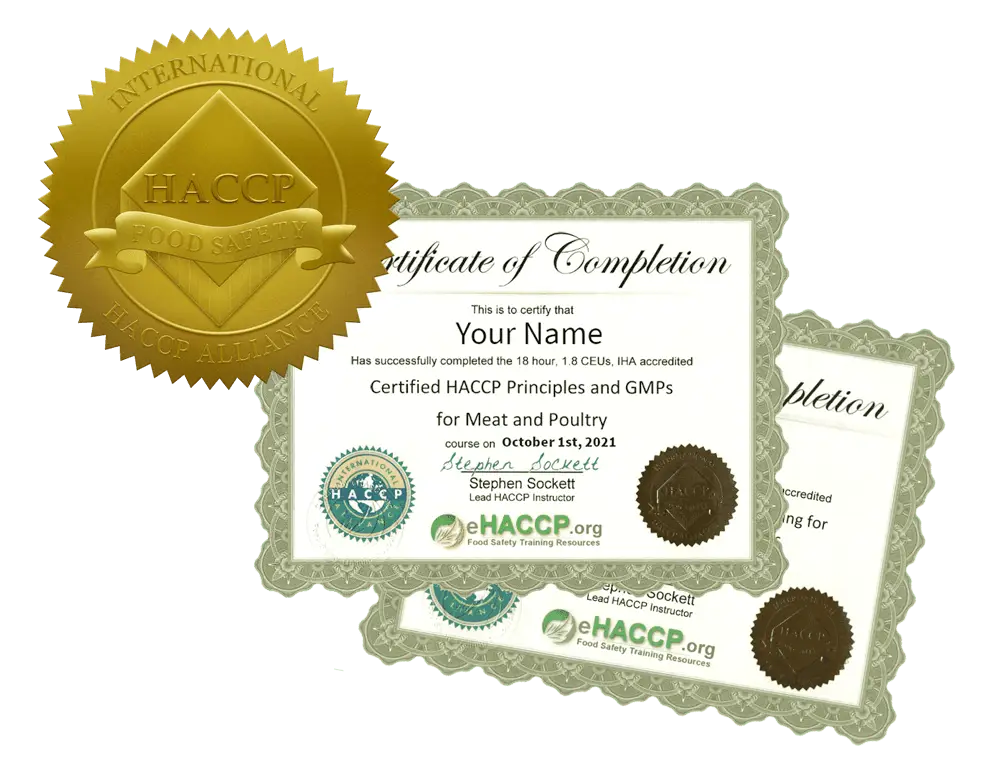
In today’s world of sensitive consumer needs for food safety, it is imperative that a food manufacturing facility (and brand) obtain a HACCP certification, at minimum. Implementing a HACCP food safety system and gaining HACCP certification may the gateway to growth in business opportunities (new clients), demonstrating food safety commitment, and solidifying the viability of […]
